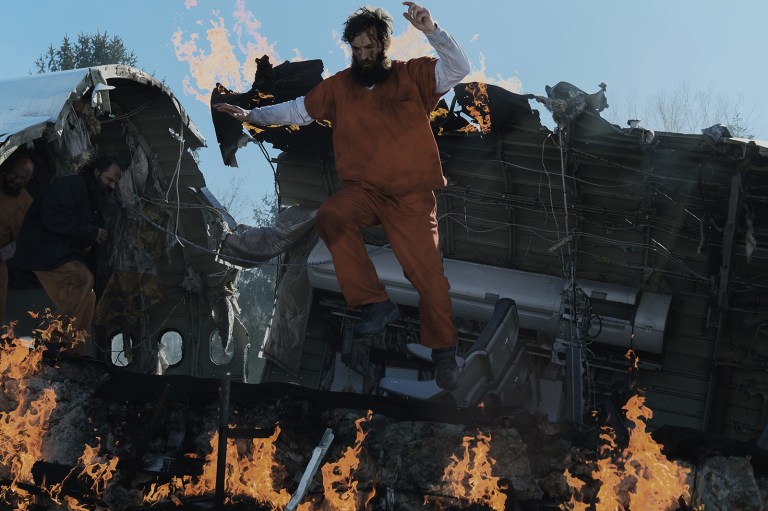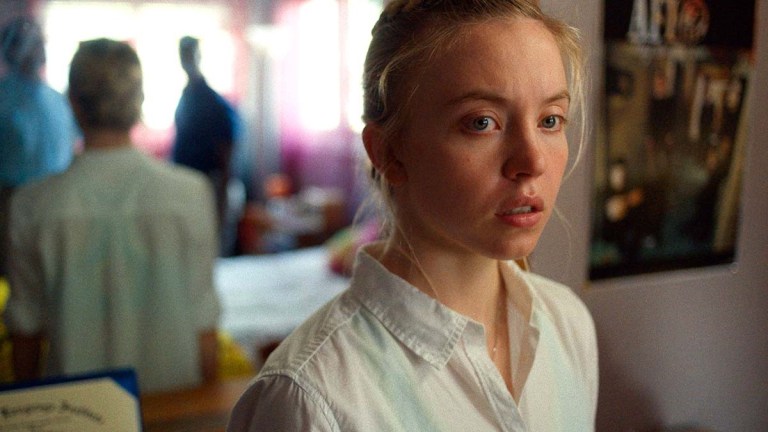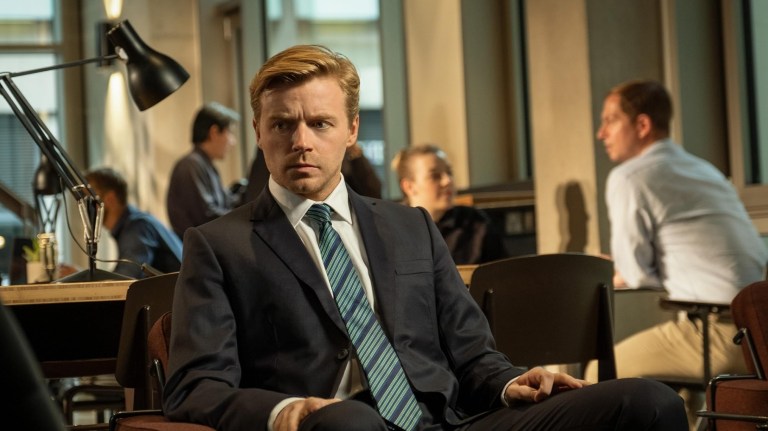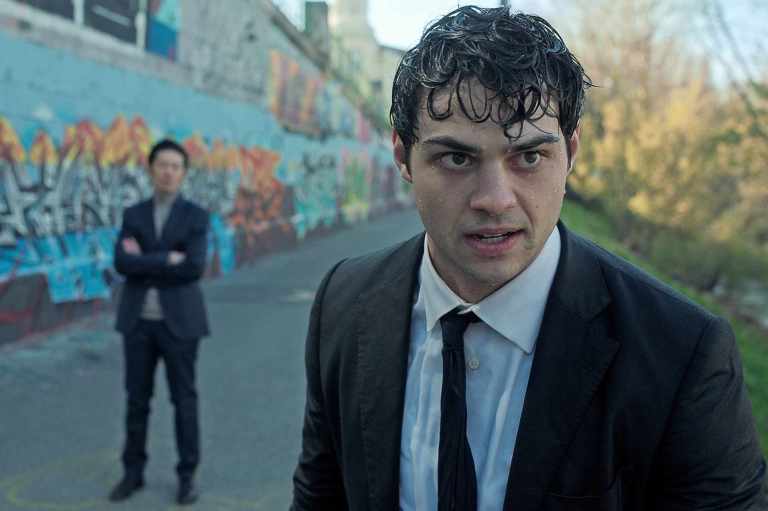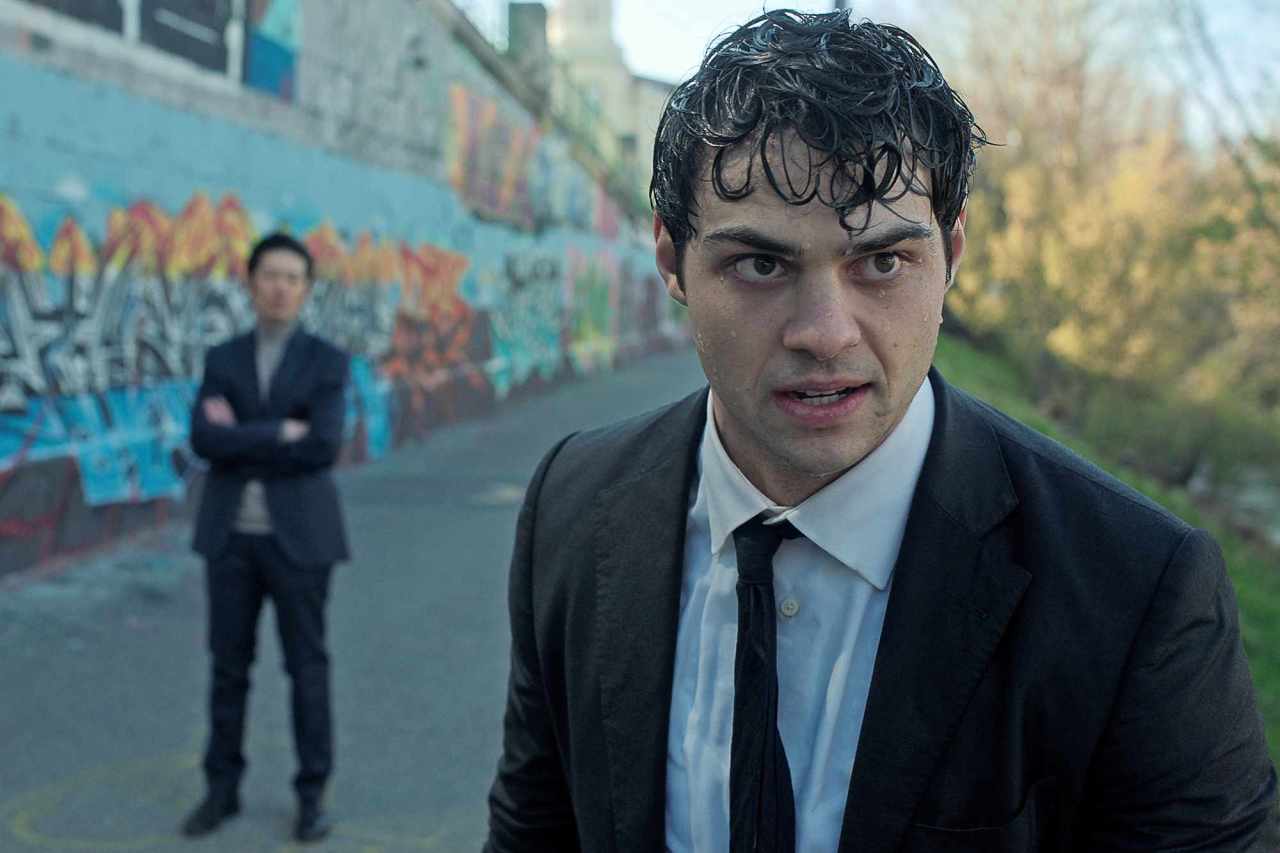
7 Spy TV Shows Where The Conspiracy Is Coming From Inside The Agency
Forget external enemies, these seven spy series prove that the most dangerous threats often lurk within.
By ![]() Mishal Zafar
Mishal Zafar
Here are seven spy shows that reveal shocking betrayals and hidden agendas at the heart of the very agencies meant to protect us.
Nothing hits quite like a good spy thriller where you realize the real enemy was inside all along. These shows take that paranoid “who can you trust” feeling and crank it up to eleven, proving that sometimes your biggest threat isn’t some foreign operative — it’s your boss, your partner, or that friendly face from HR. Whether it’s rookie agents stumbling into cover-ups or veterans discovering their whole career was built on lies, these series will have you questioning everyone’s motives. Get ready to watch characters learn the hard way that a government badge doesn’t automatically make someone the good guy.
The Night Agent
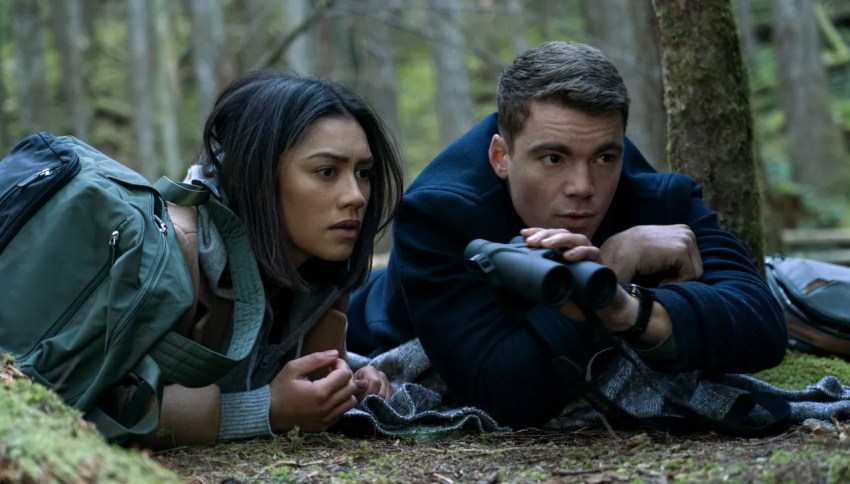
Peter Sutherland thought he had a pretty straightforward job monitoring an emergency phone line at the White House. Wrong. One call later, he’s running for his life and discovering that the people trying to kill him have some very impressive government credentials. Gabriel Basso plays Peter with just the right mix of confusion and determination — you really feel for a guy who signed up to serve his country and ended up as target practice instead. The show moves at breakneck speed, but what really gets you is watching Peter slowly realize that the conspiracy goes way higher up the food chain than he ever imagined. It’s got all the action you want, plus that sinking feeling that comes with watching someone’s faith in the system get systematically destroyed.
The Recruit
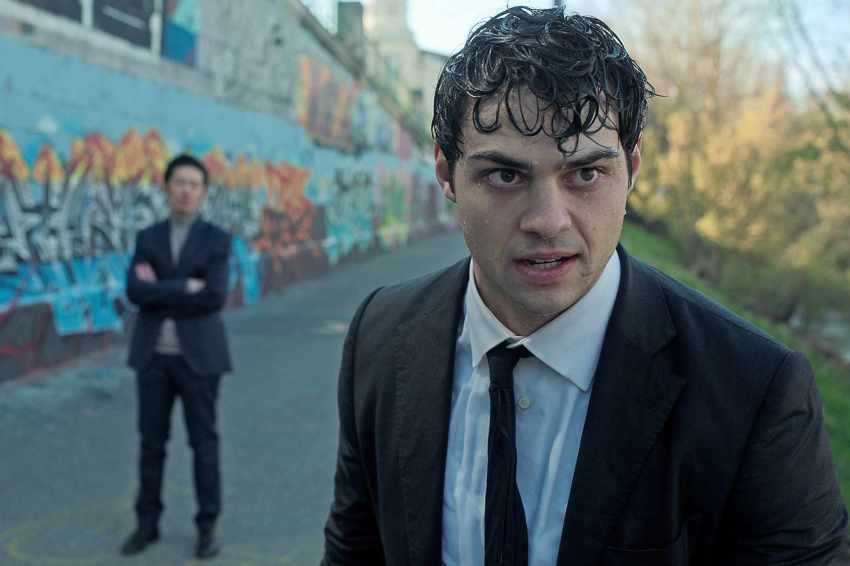
Owen Hendricks is basically every law school graduate’s nightmare: fresh out of school, first day at the CIA, and immediately in way over his head. Noah Centineo nails the whole “wait, this wasn’t in the job description” vibe as Owen discovers that his first case involves some very uncomfortable truths about his new employer. The show does something smart by focusing on the junior employee perspective — Owen doesn’t have decades of experience or insider knowledge, so he’s figuring out the corruption at the same pace we are. What starts as a routine legal matter quickly becomes a masterclass in how organizations can chew up and spit out their newest members. It’s refreshing to see someone actually act like a normal person would when faced with international espionage drama.
Lioness
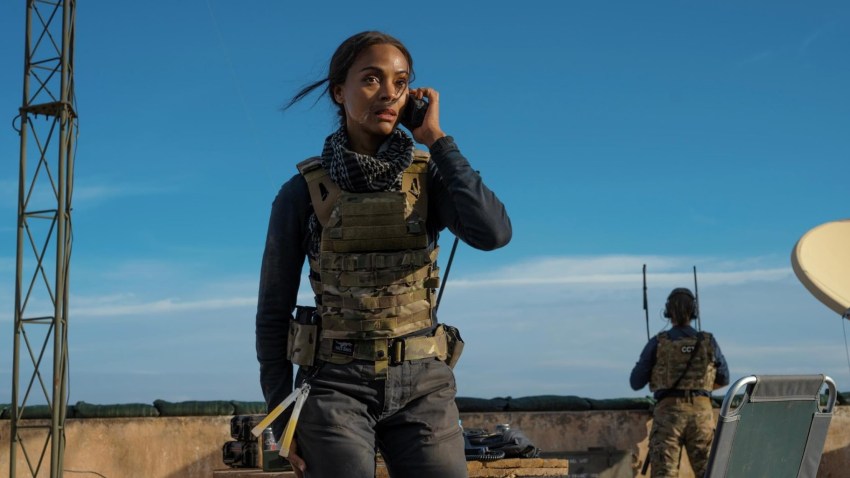
Taylor Sheridan knows how to write complicated characters, and this show is packed with them. The CIA’s Lioness Program sounds noble enough — female operatives working undercover to stop terrorists — but the deeper you dig, the murkier everything becomes. Zoe Saldaña and Nicole Kidman both bring serious gravitas to roles that require them to question whether they’re actually making the world safer or just serving someone else’s agenda. The military setting adds another layer since these women are dealing with both the usual spy game politics and the unique pressures of operating in hostile territory. You’ll find yourself wondering if the mission briefings are telling the whole story, or if there’s a completely different game being played behind the scenes.
Quantico

FBI training should be straightforward: learn the skills, graduate, catch the bad guys. But Quantico throws that simple narrative out the window pretty much immediately. The show jumps around in time, which sounds confusing but actually works perfectly for a story about people who aren’t what they seem. Priyanka Chopra’s Alex finds herself in the impossible position of being both the star student and the prime suspect, and the academy setting becomes this pressure cooker where everyone’s motivations are suspect. The training exercises start feeling less like preparation and more like manipulation, and you begin to wonder if the whole program is designed to create the perfect scapegoats. It’s a clever twist on the typical “elite training” story.
Slow Horses

If you’ve ever wondered what happens to intelligence agents who screw up, Slough House is your answer. It’s basically the Island of Misfit Toys, but for MI5 rejects who are too valuable to fire and too problematic to keep in important positions. Gary Oldman’s Jackson Lamb is the perfect leader for this bunch — brilliant, crude, and completely disillusioned with the whole system. The genius of this show is that these supposed failures keep uncovering conspiracies that the “successful” agents missed or ignored. There’s dark humor throughout, but it never undermines the very real sense that the British intelligence establishment has some serious problems with accountability. These characters may be outcasts, but they’re often the only ones willing to ask the uncomfortable questions.
Homeland
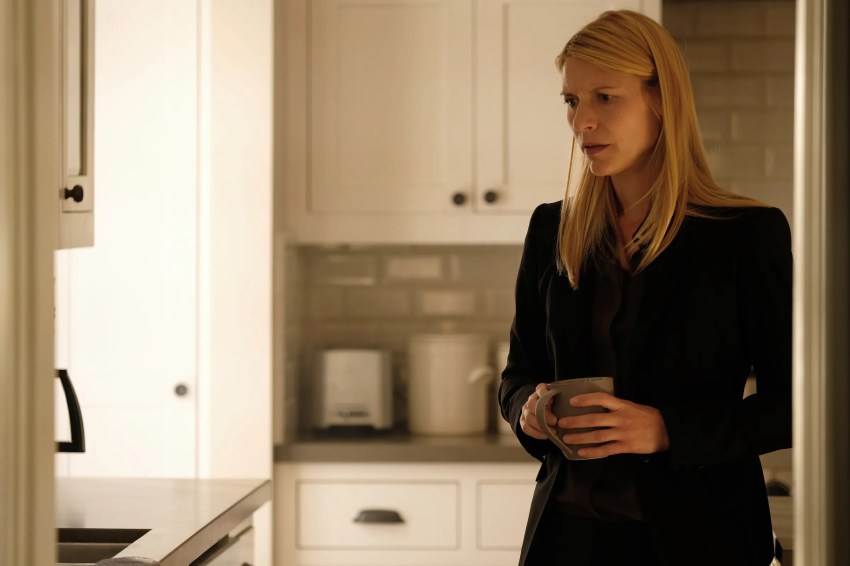
Carrie Mathison changed the game for TV spies. Claire Danes created a character who’s simultaneously the best analyst the CIA has and completely unreliable due to her bipolar disorder. The show uses Carrie’s mental health struggles not as a plot device, but as a lens through which to examine how paranoid and toxic the intelligence world really is. Sometimes Carrie’s “paranoia” turns out to be spot-on intuition about agency corruption, and sometimes her colleagues’ “reasonable concerns” are actually gaslighting. The series ran for eight seasons, and throughout that time, it never stopped asking whether the people making national security decisions can be trusted with that responsibility. It’s exhausting in the best possible way — you’re never quite sure who’s telling the truth.
Condor
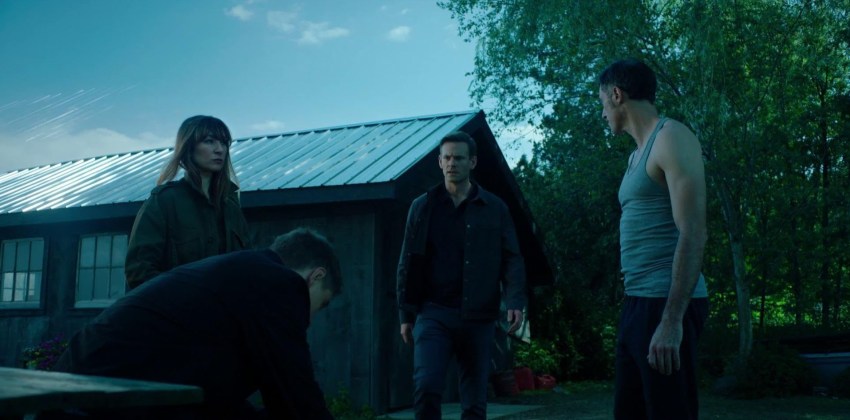
Joe Turner has the kind of job that sounds boring until people start shooting at him. He’s a CIA analyst who spends his days reading reports and writing assessments, but when his entire team gets murdered, he realizes someone wanted to silence whatever they were working on. Max Irons plays Joe as a guy who’s smart enough to connect the dots but inexperienced enough to be genuinely shocked by what he discovers. The show updates the classic “innocent man on the run” story for the modern surveillance age, where your own agency has more ways than ever to track you down. What makes it particularly unsettling is how Joe has to assume that everyone he’s worked with could be involved in the conspiracy. It’s a paranoid thriller that earns its paranoia through some very uncomfortable truths about institutional power.

